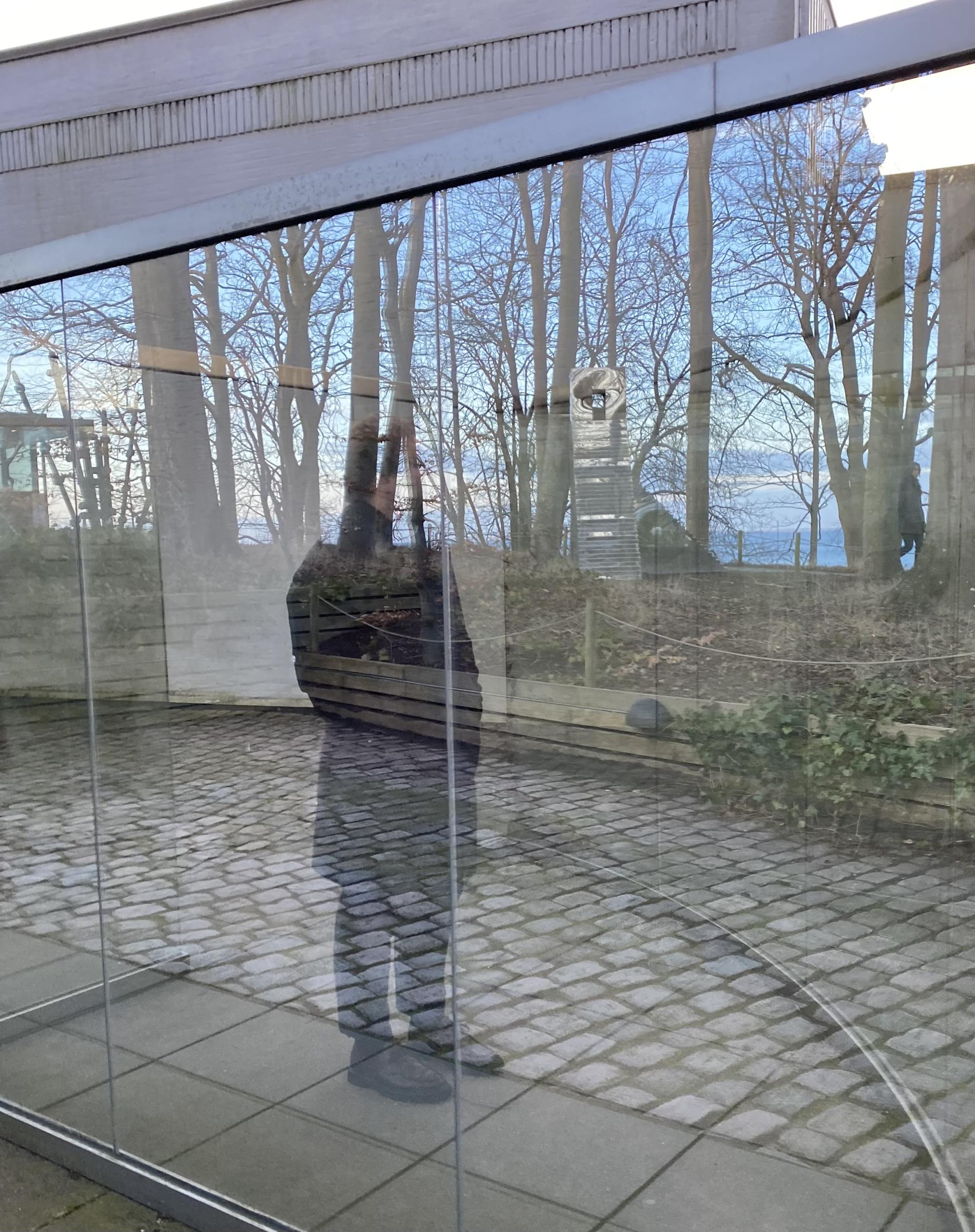How to become a researcher? Reflections after two years through the PhD journey
Becoming a researcher has always been part of my ambitions, but there is a gulf between the dream and the reality of doing it.

Becoming a researcher has always been part of my ambitions, but there is a gulf between the dream and the reality of doing it.
Trust me. The awake version is even more exciting and rewarding than the musing.
Indeed, attending conferences in multiple countries, engaging with scholars across various fields, and collaborating with dynamic and thought-provoking GEM DIAMOND fellows make the academic journey both very exciting and rewarding.
Although the above contribute to the reasons why the PhD journey is even more thrilling that one can ever imagine, the process of becoming a researcher is also a journey of self-development. One lesson I learned during the last two years is that of resilience.
Resilience can take many forms. In my case, I had to prove resilient during the data collection phase of my project. Like many, I realized that the first research design of my project was too ambitious and that the data collection as initially planned was almost impossible to complete due to time constraints.
Rapidly, I had to adapt my research design in response to the data I was collecting during the interviews with EU officials and my participation to UNCITRAL Working Group III on ISDS reform in Vienna or New York.
For instance, insights gained from interviews and discussions with other researchers in my field led me to adjust the scope of my research project as well as the nature of my investigation. These observations also advocated for changing the format of my dissertation from a legal monography to an interdisciplinary, article-based dissertation informed by theoretical frameworks that complement each other.
Bridging the Gap Between Dream and Reality
Such changes require young scholars to be attentive to what they learn from the field, and to adopt an open-minded approach in pursuing the best possible framework to analyse the data and an effective template to communicate the findings.
Most PhD researchers have a vision of what their dissertation will look like when they first start their journey. For me, this dream often evolved and changed – for the best – over the years of writing the PhD. After two years into the PhD journey (and with only one year to go), I still cannot determine what has contributed more to my personal growth: the knowledge gained or the personal skills developed along the way. Probably both!
In any case, resilience is a valuable lesson learned for the next steps of my career in academia or in other spheres of life.
G.F. Larouche
Picture Ⓒ G.F. Larouche 2023
